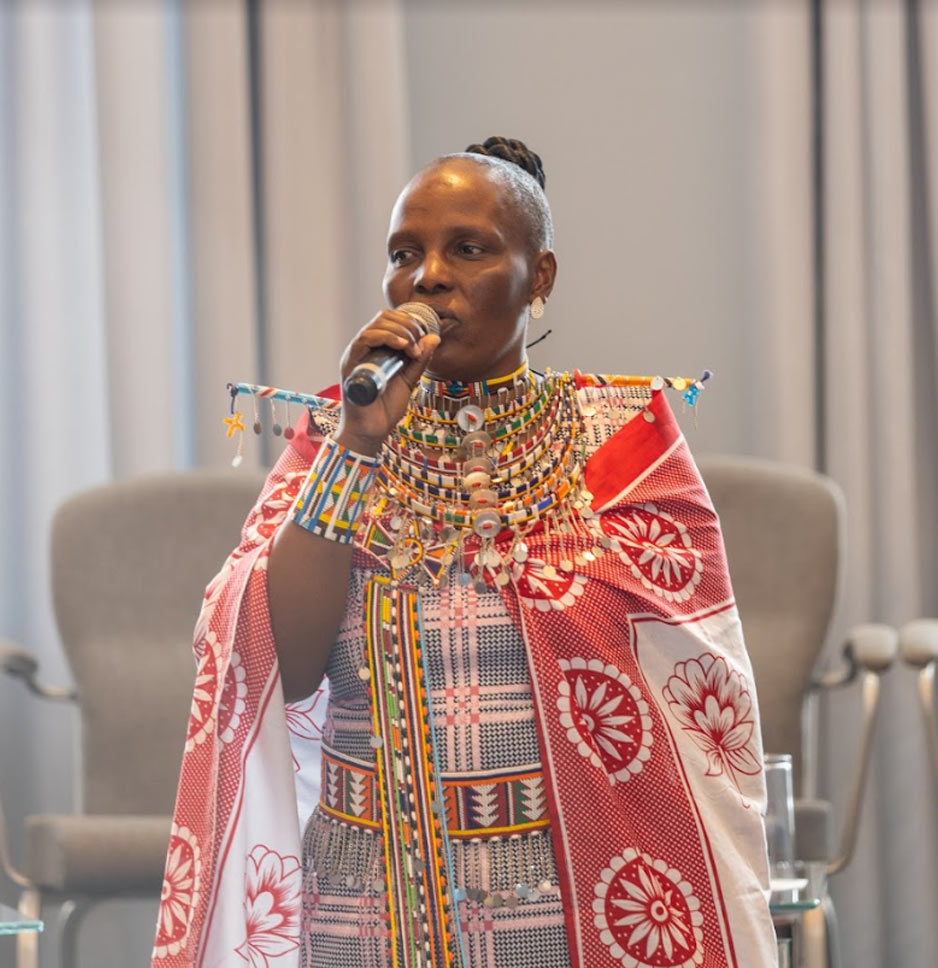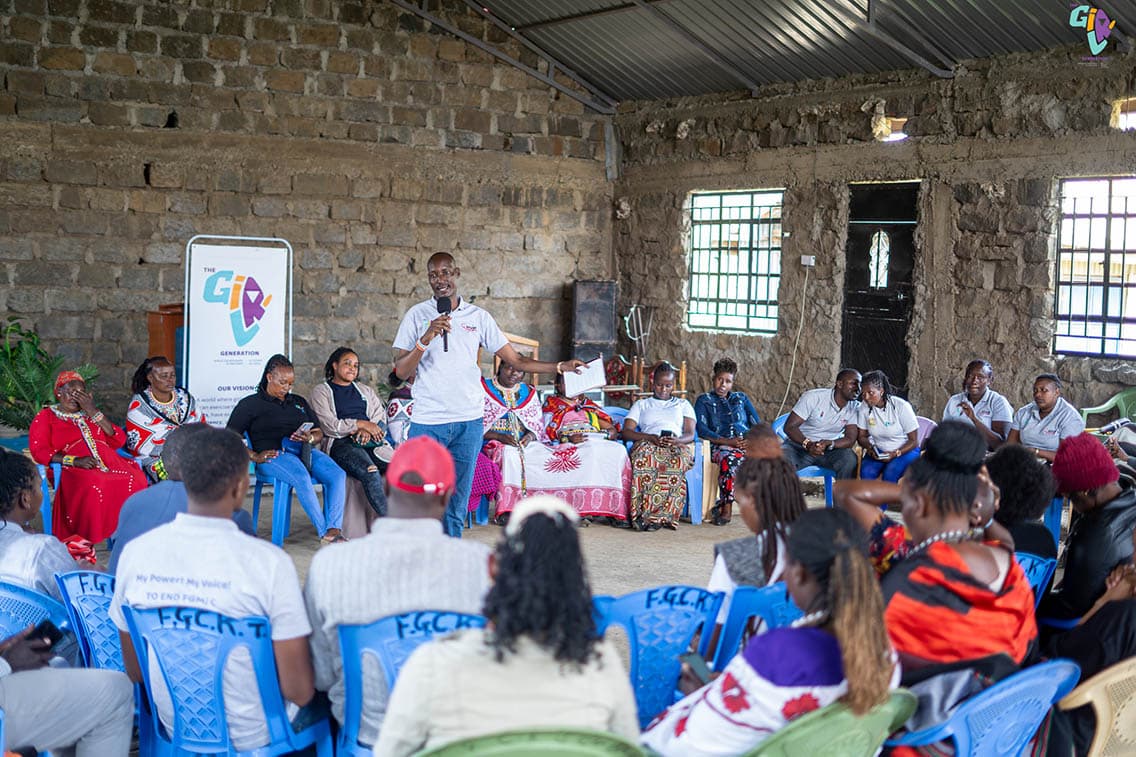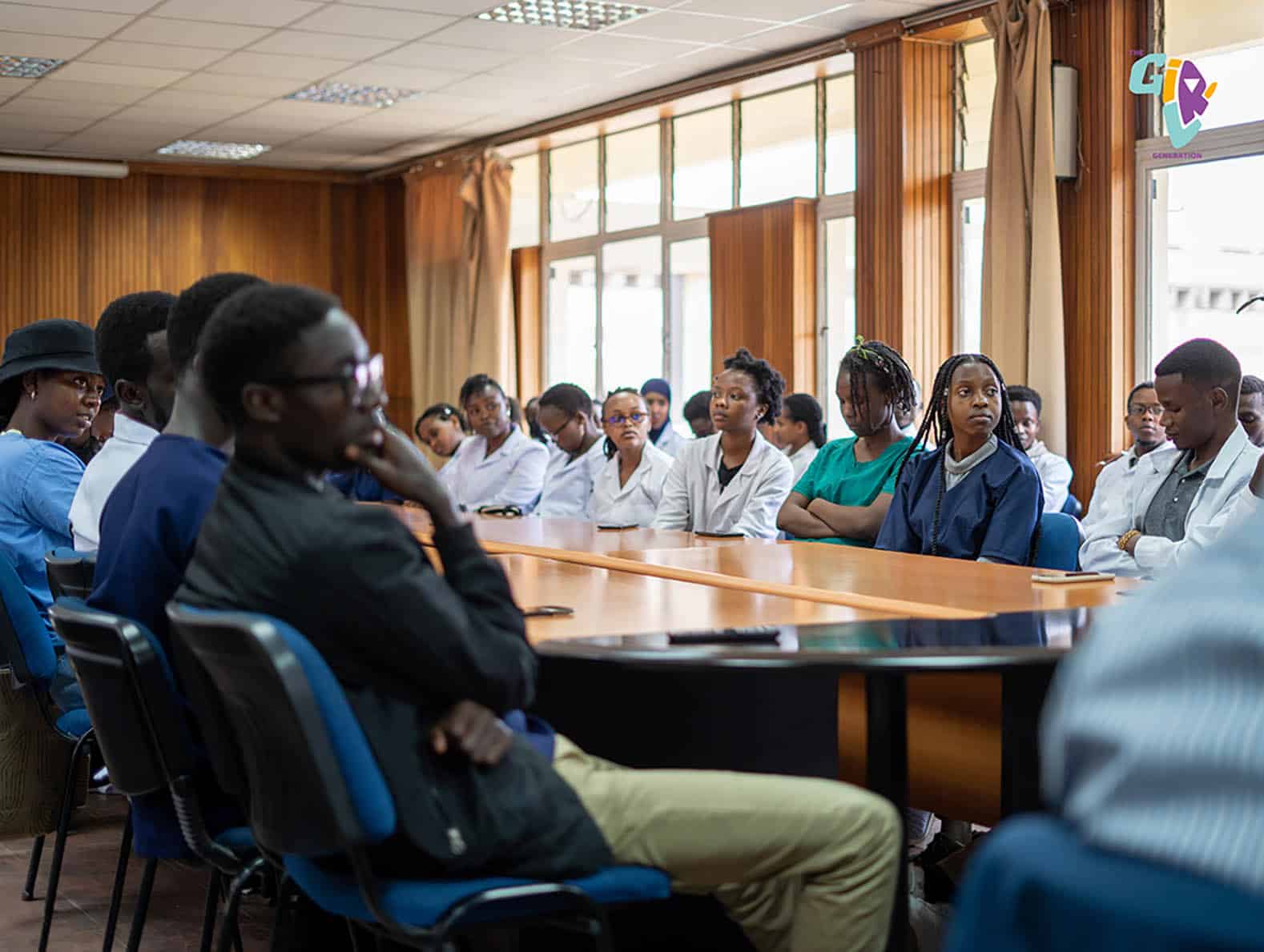
About the Initiative
SLI is aimed at strengthening individual and institutional capacities of Survivor-led end FGM/C work at organisations and individual level. It promotes a local-led approach by the survivors of FGM/C, by strengthening their capacities to lead in ensuring their own emotional wellbeing and that of other survivors, training them on leadership, strengthening survivors, support networks, improving their engagement with the media and enhancing their advocacy skills. SLI’s objective include:
- Promoting sustainable psychosocial and emotional support for women and girls affected by FGM/C.
- Promoting self-care for survivors working to end FGM/C especially at grassroot levels, and their capacity to reach out to other survivors with support on wellbeing.
- Breaking down the stigma associated with FGM/C, emotional and mental health issues.


